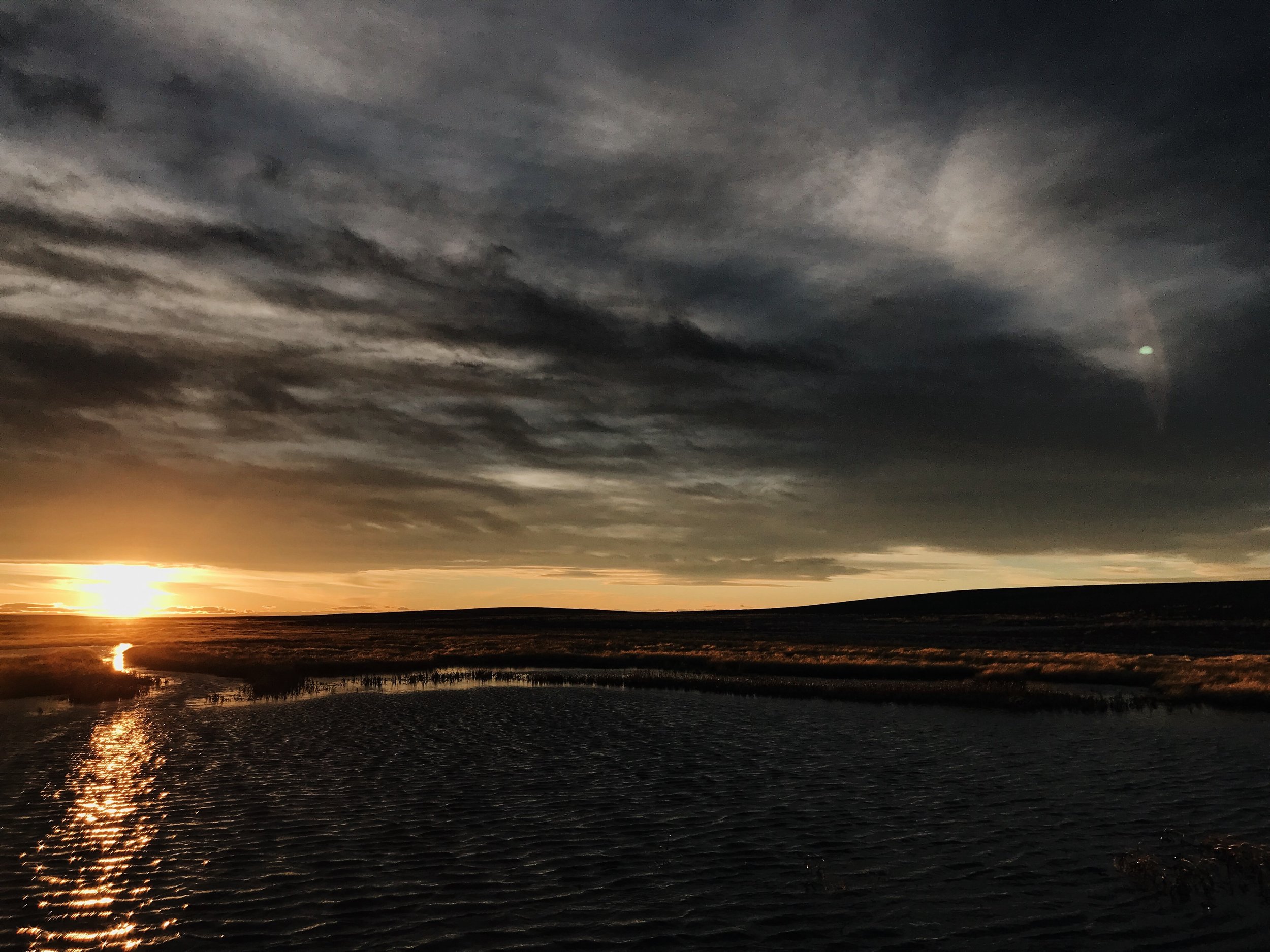"The moment I heard the opening thump of bass…I knew I would be using this song for my film. But then those haunting vocals hit my ears…and blew my mind. It was like a punch deep in my soul. It’s hard to explain that feeling when you first hear a song and you immediately fall in love with it" (via).
Mike Olbinksi is a storm chaser, photographer, and an overall pretty amazing artist who has inspired me more than once. And his latest work, Breath, a storm time-lapse film in black and white, is no exception.
"About halfway through editing," Olbinski writes, "I knew the song title would be my film title as well. It was so perfect I couldn’t believe it. Sometimes for me…when I’m chasing or watching an amazing storm…I’ll realize I haven’t taken a breath in awhile. Never really thought of it until I heard this song."
As you may have noticed, for the past month or so, I've stopped writing (more thoughts on that to come). It started consciously in December because I wanted to truly enjoy and unplug over the break. I was supposed to break the fast on New Year's Eve, but couldn't because, like Olbinksi (only opposite), I've been unable to breath. So I took another two-week gulp of air and planned on perhaps another six.
But then I came across Olbinski: "I hadn’t even planned to start working on this film yet," he continues, "but I was so inspired that I furiously began to lay down time-lapse clips. I couldn’t stop pouring over it. It was last September and I was supposed to be working on Monsoon IV, but I forgot all about it once I heard Ex Makina’s “Breathe.” It almost felt like it was made for a black and white storm film."
Inspiration inspires inspiration, furious creativity, and moments of intense clarity where we forget meetings, deadlines, lunch, even to breath. And I love that. Because that means it comes from somewhere outside ourselves, and because when it hits, we have to saturate ourselves in it, envelope it, and then, get it out.
Like filmmaking.
Like writing.
And that's inspiring. Beautiful. "Like a punch deep in my soul." Which I desperately needed.
Thank you, Mike Olbinski!
For more on . . .





















